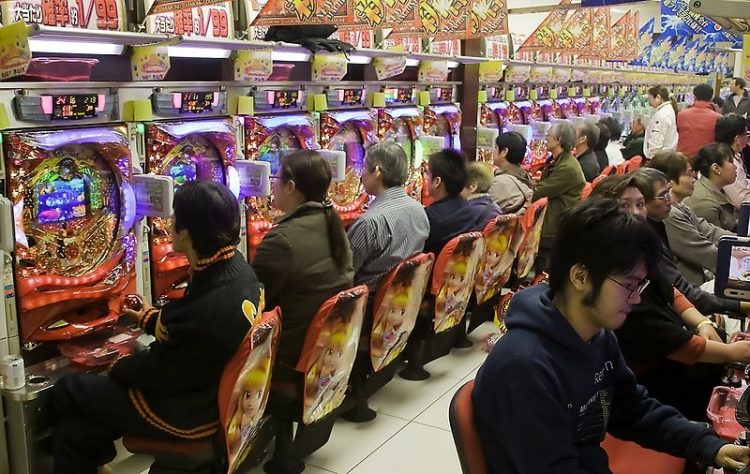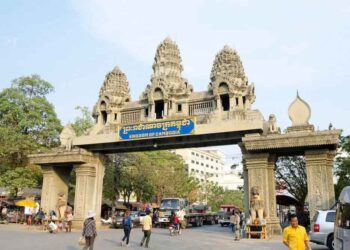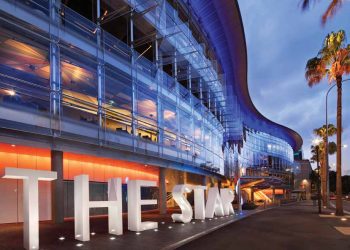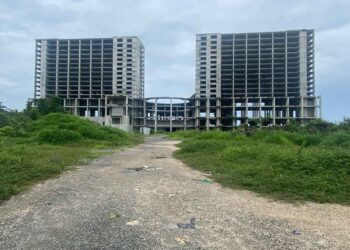Japanese gaming manufacturer and operator Sega Sammy Holdings has announced a 414% increase in profit for the financial year ended 31 March 2017 on the back of stronger than expected sales of pachinko and pachislots machines and robust performances from both digital and packaged entertainment game software.
But it said it was forecasting a significant slide in revenue over the next 12 months, “mainly because a decline in unit sales is expected in the pachislot machine business due to the adoption of new voluntary regulations” limiting the size of jackpots and altering payout ratios.
Across its broad product range, Sega Sammy reported revenue of ¥367 billion (US$3.23 billion) in the fiscal year – a year-on-year increase of 5.4%
The Group posted an operating income of ¥29.5 billion (US$260.3 million) – up 67.6% from 12 months earlier – and ordinary income of ¥28.5 billion representing an increase of 73.9%. Profit attributable to owners grew 414% from ¥5.4 billion last year to ¥27.6 billion (US$243.5 million).
Sega Sammy reported sales of pachislot machines were 215,000 units, up from 142,000 last year, owing to sales of titles with successful track records. Overall sales of pachinko machines fell from 199,000 units to 138,000 due to the strategic postponement of launches of large titles until the upcoming financial year. Net sales in the segment were ¥148.2 billion (US$1.3 billion), an increase of 5.1%.
However, the Group is forecasting a 32.3% fall in operating income and a 60.2% drop in profit over the coming year.
“The pachislot machine market is expected to trend in an unstable condition due to the adoption of new voluntary regulations for new machines installed on and after 1 October 2017,” it said. “Meanwhile, there are possibilities that making progress in the discussion of measures against gambling dependence will impact the pachislot and pachinko machine industry.”
It said it expected sales of pachislot machines to decline by 57,000 to 158,000 units.
“The Group’s medium-term management targets are ‘improving the operating margin’ and ‘enhancing capital efficiency’,” Sega Sammy said. “The Group aims to achieve a ratio of operating income to net sales of 15% and return on assets (ROA) of 5% in the fiscal year ending 31 March 2020.”
The impact of Sega Sammy’s Paradise City integrated resort joint venture with Korea’s Paradise Group, which opened on 20 April in Incheon, are yet to be felt. However, at last week’s Japan Gaming Congress the Group said it would seek a majority stake in any Japanese Integrated Resort should a bill be passed later this year setting the framework for the nation’s casino industry.




































